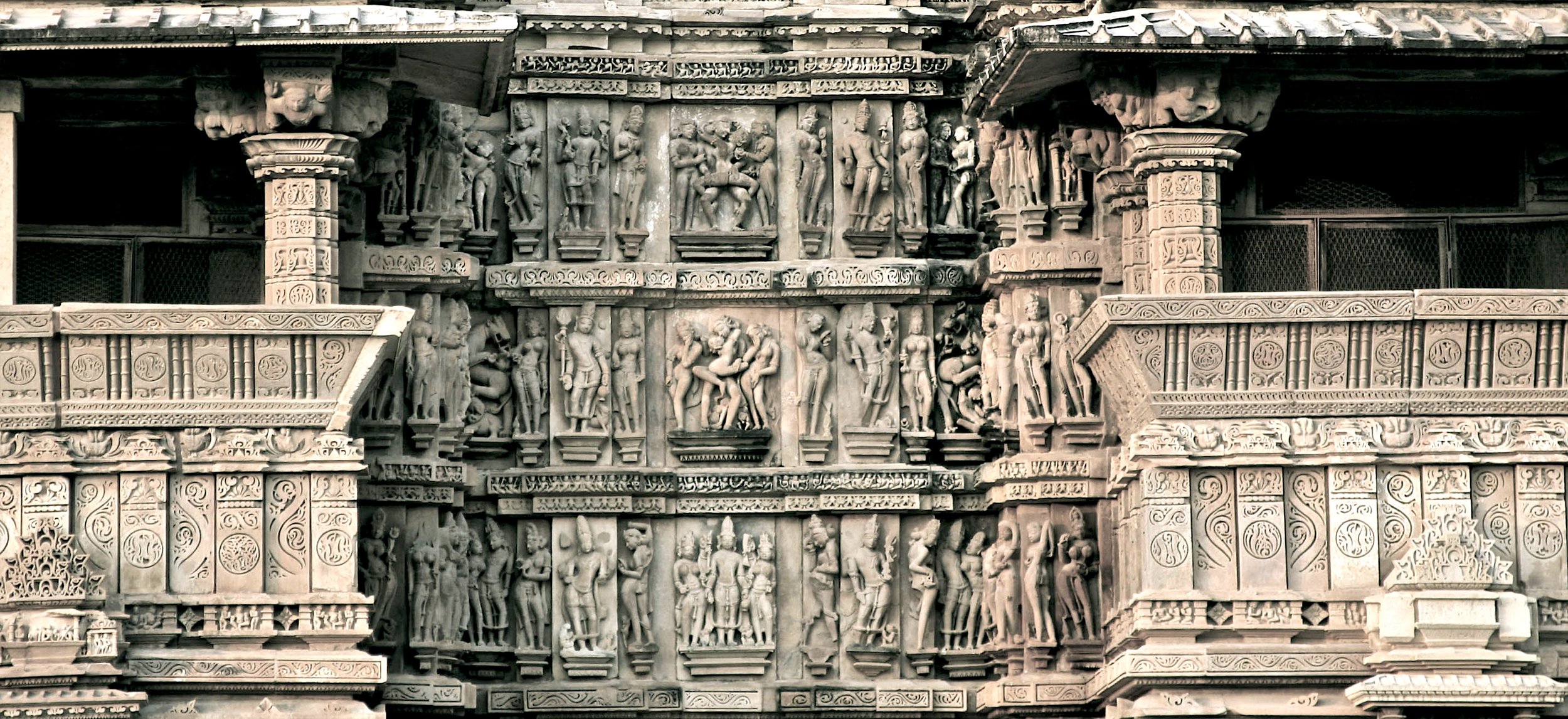Gospel & Universe ❤️ Three Little Words
Whitman’s Cosmos
Free Thinking - In and Out of the Game
❤️
Free Thinking
In the writings of Montaigne, Pyrrho, Zhuangzi, and Hegel critical distance or suspension from opposites leads to a liberated state of mind. We find something similar in the American poet Walt Whitman (1819-1892) and in the English poets Lord Byron (1788-1824) and John Keats (1795-1821). All these writers use critical distance, yet they do so to different philosophic effect. On one hand, Zhaungzi, Montaigne, and Whitman, liberate their minds yet maintain their beliefs in a benevolent Force that controls the universe — the Dao, God, and Being respectively. On the other hand, Pyrrho, Byron, and Keats, arrive at positions where they suspend belief and disbelief indefinitely. In this sense, they are closer to agnosticism.
❤️
In and Out of the Game
Walt Whitman’s take on belief is radically eclectic, and might be described as mystically democratic — in alignment with his idea of the diverse yet inclusive spirit of America. In his most famous long poem, Song of Myself (1855), he claims to contain multiple points of view and to be both in and out of the game, both engaged in life and detached from it. By seeing his self as a conglomerate of positions, he resists letting one position define him: “Do I contradict myself? / Very well then I contradict myself, / (I am large, I contain multitudes.)” He does what Zhangzi suggests in his ring of thought paradigm, yet instead of distancing himself from opposing views he grabs onto them. In this way he gains a sort of inverse critical distance: the closer he gets to views, and the more views he gets close to, the more he isn’t defined or confined by any one particular view. Also, he doesn’t distinguish between the value of views on one hand and the value of experiences, other people, and things on the other.
Whitman’s vision is democratic or inclusive in the extreme, so that all men and women, the animals, the stars, and everything that can be thought about is given a divine status. It’s as if he was sitting in clear water at the edge of an infinity pool, looking out into the blue and green vastness of the world.
Whitman has a sort of double-vision, in that he has an individual, limited self and also a greater Self. He goes so far as to call himself “Walt Whitman, a kosmos, of Manhattan the son.” He’s like the birds in the Mundaka Upanishad who are “inseparable companions”: “the individual self and the immortal Self are perched on the branches of the selfsame tree. The former tastes of the sweet and bitter fruits of the tree; the latter, tasting of neither, calmly observes” (trans. Prabhavananda and Manchester). Whitman’s ability to contain contradictions works because he has a part of him which doesn’t get glued to anything, and therefore is open to connecting with everything. He doesn’t deny the negative or positive aspects of life — love, indifference, sickness, depression, exaltation, the horrors of fratricidal war, etc. — but instead suggests a third, transcendental essence, which stands apart from the ups and downs, “the pulling and hauling” of life:
Trippers and askers surround me, / People I meet, the effect upon me of my early life or the ward and city I live in, or the nation, / The latest dates, discoveries, inventions, societies, authors old and new, / My dinner, dress, associates, looks, compliments, dues, / The real or fancied indifference of some man or woman I love, / The sickness of one of my folks or of myself, or ill-doing or loss or lack of money, or depressions or exaltations, / Battles, the horrors of fratricidal war, the fever of doubtful news, the fitful events; / These come to me days and nights and go from me again, / But they are not the Me myself. // Apart from the pulling and hauling stands what I am, / Stands amused, complacent, compassionating, idle, unitary, / Looks down, is erect, or bends an arm on an impalpable certain rest, / Looking with side-curved head curious what will come next, / Both in and out of the game and watching and wondering at it. (Song of Myself 4)
As a mid-19th century Transcendentalist poet, Whitman is heir to the Romantic poets of England. Yet he has more of Blake’s religious fervour and Shelley’s neoplatonism than he does of the skepticism of Byron or Keats. Like the Hindu Vedantists — who were very popular with the American Transcendentalists — Whitman believes that a transcendent Being underlies everything. He believes that transcending differences will allow us to experience this Being both in our selves and in the world around us. In this sense he’s like Montaigne and Zhuangzi: he presents us with a mode of going beyond dichotomies (or suspending judgment), yet in the end he reaffirms his original view that beneath all dichotomies and all phenomena lies a version of Deity, whether one calls this God, Dao, or Being.
Whitman ups the ante, suggesting that we go beyond dichotomies as well as the paradigms used to transcend these dichotomies. When he exclaims, “Unscrew the locks from the doors! Unscrew the doors themselves from their jambs!” (SM 24), he’s making a leap into the Infinite that’s as characteristic of a mystic as of a poet. In this he’s like Dante in Paradiso, whose metaphors describing Heaven don’t crumble into silent abstraction but instead dissolve into the resounding Infinity of God. While Whitman is in many ways a down-to-earth poet, he turns his belief firmly al pan de li angeli, del quale / vivesi qui ma non sen vien satollo — that is, “to the bread of the angels / by which we live here but not without hunger” (Paradiso 2.11-12).
Whitman seldom tempers his transcendentalist claims in the manner of his contemporary and friend Ralph Waldo Emerson. In his 1842 lecture “The Transcendentalist,” Emerson says that “all who by strong bias of nature have leaned to the spiritual side in doctrine, have stopped short of their goal”; “we have yet no man who has leaned entirely on his character, and eaten angels' food; who, trusting to his sentiments, found life made of miracles”; “Shall we say, then, that transcendentalism is the Saturnalia or excess of Faith; the presentiment of a faith proper to man in his integrity, excessive only when his imperfect obedience hinders the satisfaction of his wish.” Whitman has this “excess of faith,” which Emerson reasons can’t be satisfied unless one is in perfect, angelic unity with God. Yet this isn’t a problem for Whitman, for he embraces his hunger too. He embraces sex and all manner of unangelic thing without so much as batting an eye. In this sense he may be closer to Tantrists than Dante could ever be.
Despite his claim to encompass contradictions, to soar above the usual dichotomies, Whitman clearly lands on the theistic side of the theist/atheistic duality. He hasn’t removed the door that divides theism from atheism so much as he’s gone through it and stands firmly on the side of belief. He says that he has “the greatest of faiths and the least of faiths” (SM 43), yet it’s hard to see, given his omnivorous eclecticism, in what way he has “the least of faiths,” unless by this he means the least doctrinaire and the most eclectic of faiths. He admits that we’ll never reach the depth of heaven, yet he asserts we’ll go beyond it: “When we become the enfolders of those orbs, […] we but level that lift to pass and continue beyond” (46). He starts section 50 by admitting, “There is that in me—I do not know what it is,” yet he ends the section by asserting, “it is form, union, plan —it is eternal life —it is Happiness.” From an agnostic point of view, Whitman’s interplay between doubt and conviction always comes back to conviction. Why else could he write, “With the hush of my lips I wholly confound the skeptic” (25)?
Byron and Keats would be very skeptical of this claim.
⚖️
Next: ❤️ Byron: Carrying Sail







